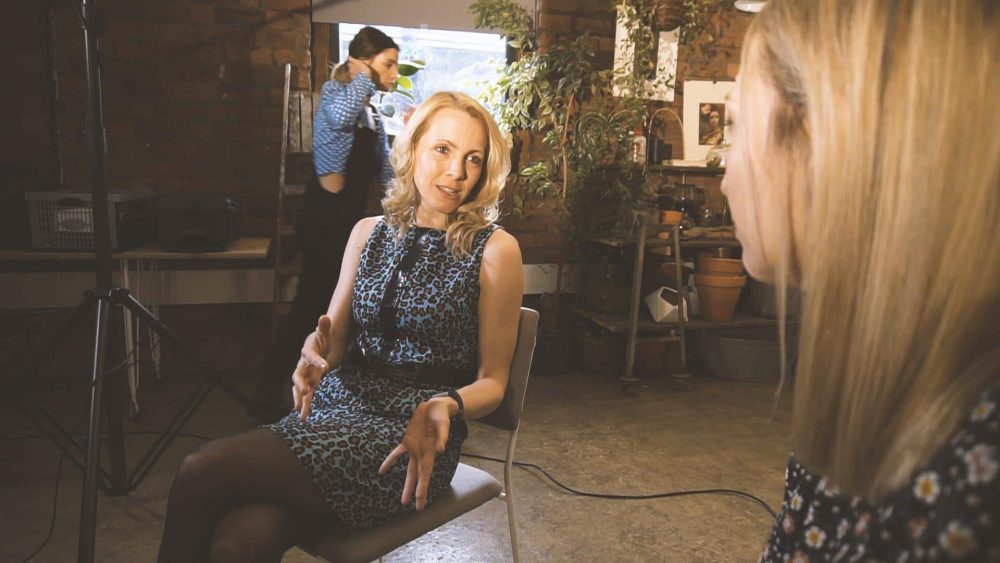
If you’re a follower of our Twitter page, you will know we regularly tweet our expert advice on how to best prepare for and behave in media interviews. Of course, 140 characters is simply not enough to equip you with the skills you need to be fully prepared, so we’ve summarised them into our top 11 takeaway tips so you can excel in your next media interview.

1) BE ENTHUSIASTIC
Think about an iconic TV host or interviewee and the way they act when talking on screen. No matter the topic of conversation, they are sure to be interested and engaged with what they are talking about. Speaking to the media is much like a performance and so enthusiasm is essential in order to resonate with your audience.
2) PREPARE ANECDOTES TO ILLUSTRATE YOUR POINTS
Journalists are always in search of real, interesting and newsworthy stories so ensure your points are supported by real examples that give a tangible reality to what you are explaining. Stories that amuse and exemplify your point allow your audience to contextualise what you are saying and make your story more relatable.
3) HAVE ONE OR TWO SOUND BITES READY
Pepsi is the ‘flavour of another age’. Subway is ‘eat fresh’. McDonald’s is ‘I’m Loving It’. What’s the infectious expression that summarises your message clearly and will stick in your audience’s mind? Sound bites such as these will resonate with your audience and without doubt will be used to summarise your entire argument when published so make sure you have some pithy phrases ready at your fingertips.
4) LEARN YOUR STATS
Did you know that 100% of journalists prefer to hear interesting and verifiable statistics compared to irrelevant false ones? (See what we did there?). Statistics are a great way to contextualise and attest your point of view, but it is essential they are watertight. Avoid using figures that are confounded or don’t fully support your point. Columnists like raw numbers so use statistical data when voicing your conclusion.
5) TAKE YOUR TIME TO ANSWER
Ever heard the phrase ‘silence is golden’? The worst mistake you make is to rush to fill a silence when you are unsure how to answer. Instead, take a moment to think about what you want to say and give yourself time to compose a well-considered answer. This will ensure you maintain an authoritative tone whilst keeping a calm composure. In the event that you don’t have an appropriate response, tell the correspondent that you’ll come back to them with an answer later and move on.
6) DON’T GET ANGRY
It is easy to become frustrated when you feel you aren’t being heard, but controlling your emotions is vital whilst taking part in a media interview. Anger, frustration and irritation are signs of a loss of control so take your time to rephrase your answer to ensure the message is calm, clear and considered.
7) MEMORISE YOUR MAIN MESSAGES
If you could have the journalist remember just three main points from your interview, what would they be? The power of three applies to media interviews just as much as any other prose. Sticking to three clear points will allow you to not only remember your main points, but allow your audience to retain the information more easily.
8) PREPARE AND PRACTISE
Regardless of whether it’s in front of the mirror, recorded into your smartphone, or with a friend, practising your key messages aloud is the key to extraordinary media execution. It will help you learn key phrases, notice any mistakes in your argument and ensure an eloquent and persuasive delivery. Practice does, in our experience, make perfect.
9) AVOID JARGON
Probably the greatest issue we help clients tackle in our media training sessions is to avoid slipping into complicated industry-specific jargon. For those unexposed to this language, it can quickly leave them feeling mystified and disengaged. Instead, pretend you are explaining the story to a friend or family member who doesn’t work within the industry. This will help you articulate your point in a way that is comprehensible to you audience.
10) EXUDE CONFIDENCE
Whilst confidence is not always the easiest to feign, don’t let nerves get the better of you and affect your performance. Remember, the journalist is not there see you fail – they simply want a good story to report back to their editor. Keep eye contact, speak clearly and compose yourself in a confident way.
11) DON’T LIE
Possibly the most important point we must stress throughout a media interview is to always tell the truth. From conflated claims to made up stats, giving false information will land you in murky waters, cause distrust and make you look foolish when caught out. If you’re not completely confident in a statement, explain you need to verify it and will get back to the journalist after the interview.
FINAL POINTERS
- Remember the entirety of the interview will be on the record. Don’t fall at the final hurdle by saying something in jest after the journalist has closed their notepad or turned off the recording device.
- If a journalist gives an opinion contrary to your own, make it known. Staying quiet may give the impression that you agree.
- Never say anything negative regarding an individual or organisation – it may come back to haunt you.
- Before leaving, let the journalist know how you can be reached if extra data is required.
We have been giving formal media training to professionals of all descriptions for over 20 years. Our group of mentors have a wealth of experience as both journalists, PR professionals and media coaches. Click here to discover more about or exceptionally practical Media Skills courses and interview preparation.
While you’re here why not give us a follow on Twitter to get frequent tips on your news feed > @ProhibitionPR



